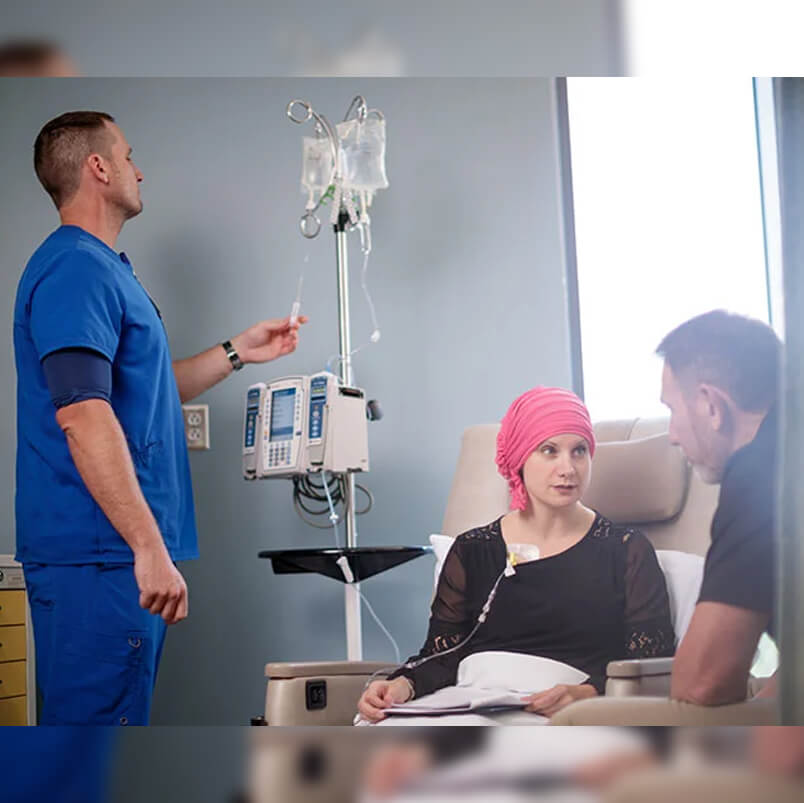Every July, Sarcoma Awareness Month offers a crucial opportunity to educate and inform about a group of rare cancers that often remain overlooked in the broader landscape of cancer awareness. Sarcomas are a diverse set of cancers that develop from connective tissues in the body, including bones, muscles, tendons, nerves, fat, and blood vessels. They can affect individuals of any age, from children to older adults, and can arise anywhere in the body. Despite their rarity compared to more common cancers, sarcomas present unique challenges in diagnosis, treatment, and support, making awareness efforts vital for early detection and improved outcomes.
Understanding SarcomasThe rarity of Sarcoma often translates into delays in diagnosis and specialized treatment, as many healthcare professionals may not encounter sarcomas frequently in their practice. There are over 70 different subtypes of sarcoma, each with its own unique characteristics and treatment considerations. The diversity within this group underscores the complexity of sarcoma management, requiring multidisciplinary approaches involving oncologists, surgeons, radiation oncologists, and other specialists.
Challenges in Diagnosis and Treatment
One of the significant challenges in sarcoma management is timely diagnosis. Symptoms such as swelling or pain in the affected area may mimic more common conditions or be dismissed as sports injuries or strains. Consequently, sarcomas are often diagnosed at later stages, when treatment options may be more limited. Imaging techniques like MRI and CT scans, along with biopsy, are crucial for accurate diagnosis. Treatment typically involves surgery to remove the tumour, often followed by radiation therapy and sometimes chemotherapy, depending on the subtype and stage of the sarcoma.
Support and AwarenessSarcoma Awareness Month aims to improve understanding among the public and healthcare professionals alike. Awareness campaigns highlight the signs and symptoms of sarcomas, emphasizing the importance of early consultation with a specialist if sarcoma is suspected. Patient support groups and advocacy organizations play a critical role in providing resources, emotional support, and funding for research into better treatments and outcomes for sarcoma patients.
Research and InnovationAdvances in genetics and molecular biology are opening new avenues for targeted therapies and personalized medicine in sarcoma treatment. Research initiatives supported by organizations dedicated to sarcoma research are exploring innovative treatments to improve survival rates and quality of life for patients. Clinical trials offer hope for new therapies that may enhance outcomes and reduce side effects compared to traditional treatments.
Community and ActionDuring Sarcoma Awareness Month, communities come together to share stories of resilience and hope, honouring those affected by sarcoma and celebrating survivors. Events such as fundraising walks, educational webinars, and social media campaigns raise visibility and funds for sarcoma research and patient support services. By fostering a sense of community and solidarity, these efforts contribute to a brighter future for individuals facing sarcoma diagnoses.
Child Help Foundation raises money for all terminally ill children, including those affected by Sarcoma. To date, Child Help Foundation has helped 3,348 children with medical treatment under its Emergency Medical Support programme. Thank you for taking the time to read this article. Please share this with all your friends and family members.
